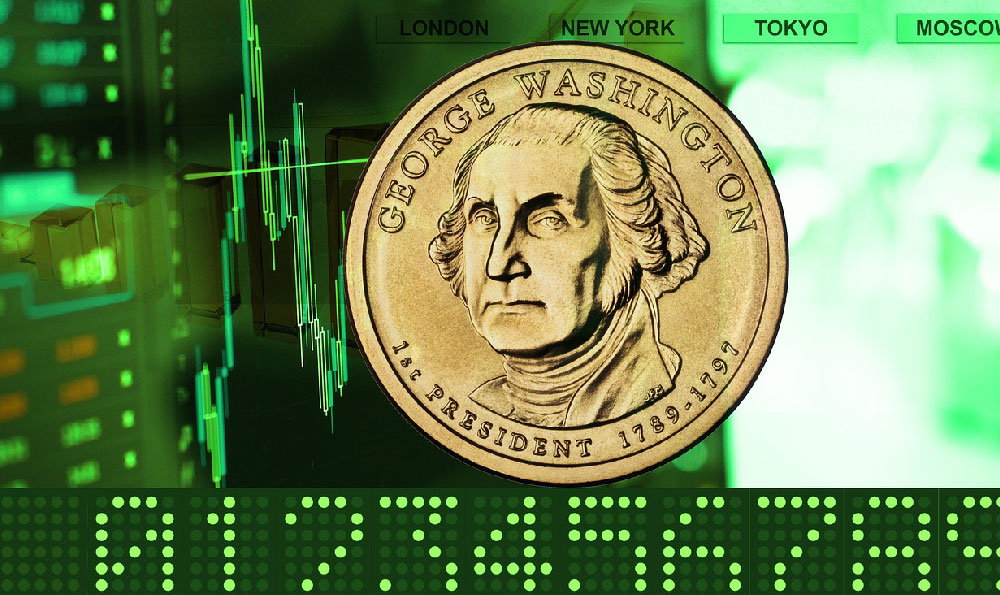Alright, let's delve into the question of mayoral salaries, a topic often glossed over but crucial for understanding local governance and public service. Determining how much a mayor earns isn't as straightforward as looking up a number; it's a multifaceted issue influenced by a city's size, budget, cost of living, and the structure of its government. Understanding these factors is paramount to grasping the realities of mayoral compensation.
The size of the city a mayor governs is perhaps the most significant determinant of their salary. A mayor of a small town with a population of a few thousand people will naturally earn significantly less than the mayor of a sprawling metropolis like New York City or Los Angeles. Larger cities grapple with more complex issues, manage larger budgets, and require a greater commitment of time and energy from their mayors. Consequently, the higher salary reflects the increased responsibilities and demands of the office. For instance, the mayor of a small rural town might earn a modest stipend, perhaps just enough to cover expenses and acknowledge their service, while the mayor of a major city might command a six-figure salary. This difference underscores the scale of the challenges and the level of expertise required to effectively lead different communities.
Beyond population size, the city's budget plays a critical role. A city with a robust economy and a large tax base will generally have a larger budget to allocate to various departments, including the mayor's office. A larger budget not only allows for a higher salary but also reflects the economic prosperity of the community. Cities that are struggling financially, on the other hand, may have to make difficult decisions about resource allocation, which could include limiting mayoral salaries. This is often a matter of public perception as well; in times of economic hardship, it may be seen as inappropriate for the mayor to receive a high salary.

The cost of living in a particular city is another crucial factor. Mayors, like all residents, must be able to afford to live comfortably in the community they serve. A city with a high cost of living, such as San Francisco or New York City, will likely offer a higher mayoral salary to compensate for the increased expenses. This ensures that qualified individuals from diverse backgrounds are able to consider running for office, regardless of their personal wealth. Failing to account for the cost of living could inadvertently limit the pool of potential candidates to only those who are already financially secure, potentially hindering the democratic process.
The structure of the city government also influences mayoral salaries. In some cities, the mayor is a full-time executive, responsible for the day-to-day operations of the government. In others, the mayor may be a part-time position, with limited administrative responsibilities. In the latter case, the salary is likely to be lower, reflecting the reduced time commitment and scope of responsibilities. Additionally, the presence of a city manager or chief administrator can affect the mayor's salary. If a city manager is responsible for the daily operations, the mayor's role might be more focused on policy and public relations, which could impact the compensation.
It's also important to consider the political climate and public sentiment surrounding mayoral salaries. In some communities, there may be a strong public demand for lower salaries for elected officials, driven by concerns about government spending or perceived corruption. In others, there may be a greater appreciation for the importance of attracting and retaining qualified individuals to public service, leading to support for competitive salaries. These sentiments can influence the decisions of city councils and other bodies responsible for setting mayoral compensation.
So, while it's difficult to give a single, definitive answer to the question of how much a mayor earns, a realistic range can be estimated. In small towns, a mayor might earn anywhere from a few thousand dollars a year to $20,000 or $30,000. In larger cities, the salary could range from $100,000 to well over $200,000. The mayor of New York City, for example, typically earns several hundred thousand dollars annually. However, these are just general guidelines, and the actual salary will vary depending on the specific circumstances of each city.
Beyond the base salary, it's also important to consider any benefits or perks that may be associated with the office. These could include health insurance, retirement benefits, car allowances, and expense accounts. While these benefits are often modest, they can add up and contribute to the overall compensation package. It is worthwhile to research and understand these additional components to get a complete picture of a mayor's total earnings.
In conclusion, determining a mayor's salary involves understanding a complex interplay of factors, including city size, budget, cost of living, government structure, and political climate. While the salary range can vary widely, it's essential to remember that mayoral compensation should be fair and reasonable, reflecting the responsibilities and demands of the office, while also being mindful of the financial realities of the community. Furthermore, transparency in mayoral compensation is crucial for maintaining public trust and accountability. Citizens should have access to information about how much their mayor earns and how those salaries are determined. This knowledge empowers them to make informed decisions about their local government and hold their elected officials accountable. Understanding these intricacies provides a more nuanced and informed perspective on the financial aspects of local leadership.












